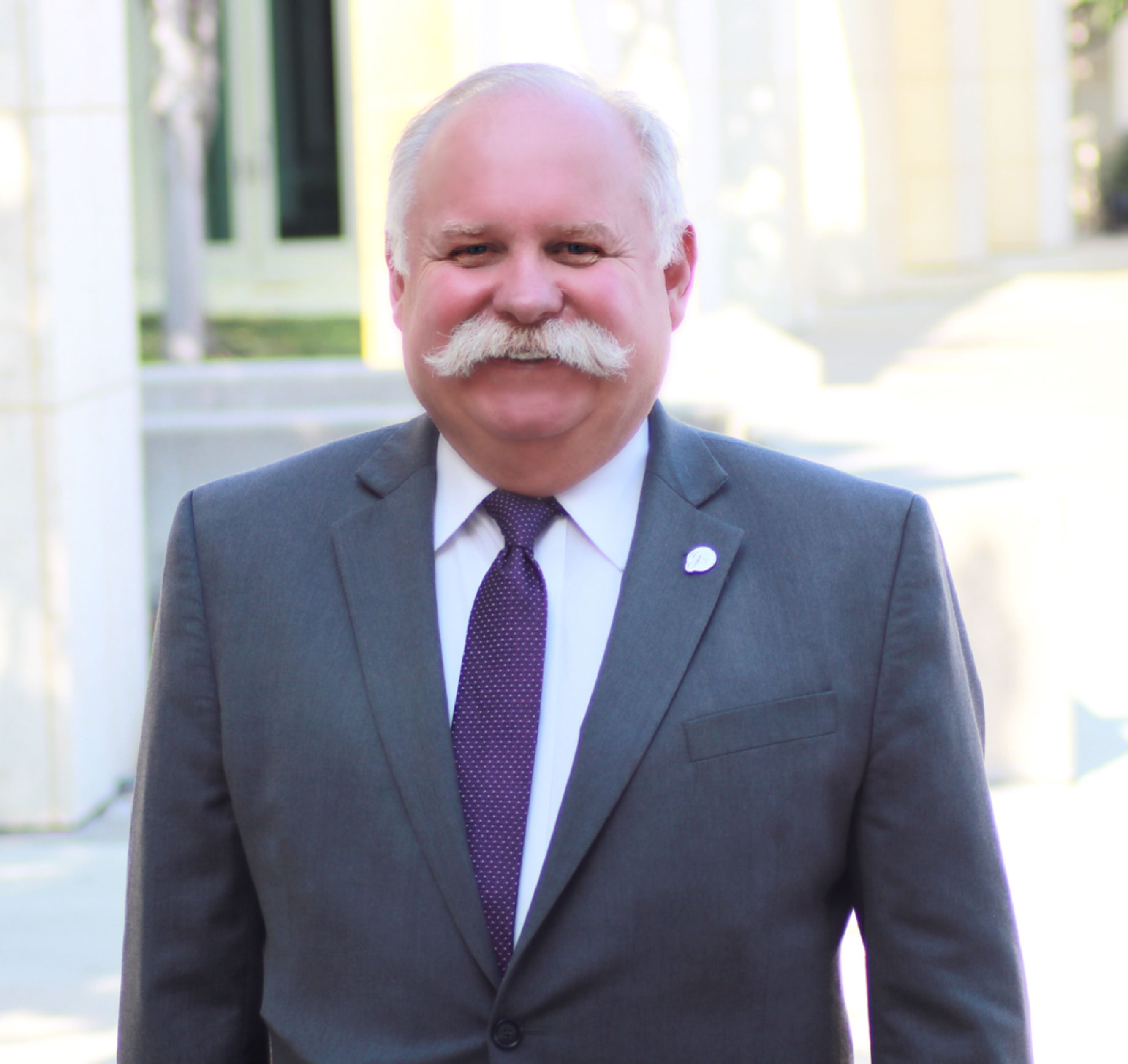
Community committees strive to improve the quality of life in a lifestyle community. They are typically a part of Homeowners Associations. An HOA gets formed by homeowners who create a board of directors to oversee the operations of the community. This organization's committees get made up of volunteers who will assist it run efficiently to ensure the community's integrity.
Many master-planned lifestyle communities include a mix of single-family houses, condominiums, and even apartments. Parks and extensive recreational facilities are standard. They get frequently constructed around golf courses, for example.
Architectural Review Committee
People buy homes and condominiums in communities that provide a particular lifestyle and aesthetic in their design. Individual homes do not always need to be the same, but they must follow specific architectural standards. These standards are part of the Codes, Covenants, and Restrictions (CCRs) that new homeowners agree to when purchasing a home in the community.
The CCRs get designed to promote and protect the architectural values and continuity of the community. It can include the color of dwellings, individual landscaping, fencing, and property care. For example, many regulations prohibit commercial or recreational vehicles from parking on the street or in driveways for long periods. Other rules may refer to removing trees or adding fences to individual homes.
Most often, homeowners get asked to submit plans to the architectural review committee before making any significant changes to the exterior of their property. Then, the committee can carefully approve or reject the changes based on CCR regulations.
Landscape Committee
The Landscape Committee usually maintains the common grounds that include walkways and parks. Workers may also collaborate with golf course management to ensure that the landscaping is consistent.
The Landscape Committee will usually hire professional gardeners and groundskeepers to maintain flowers, shrubs, parks, nature reserves, and other community common areas. In addition, they can oversee the maintenance of a community clubhouse, swimming pool, tennis courts, and other recreational facilities.
Neighborhood Watch Committee
While a local police force or sheriff's department is usually available, the community watch system protects the area first. The Neighborhood Watch Committee works with volunteers and local law enforcement. This group may also be called the Safety or Security Committee.
Many communities, especially gated communities, hire private security companies to control access to local streets. The committee will work with any private security company hired by homeowners.
In addition, these committees often ask volunteers within the community to monitor school bus locations. These volunteers see that all children board the buses and return safely after school.
People within the community are also encouraged to report any strange activities to local law enforcement or the community security patrol.
Budget Committee
The Budget Committee has the authority to collaborate with any property management business engaged by the community to keep the books, including all homeowner fees and assessments. This committee also oversees the reserve fund for future expenditures and improvements.
They evaluate all expenditures and make reports to the Board of Directors and all homeowners. In addition, they may make recommendations on spending.
The Budget Committee may review vendor contracts for different services or assign this to a separate committee. Most communities contract with maintenance and security firms.
Welcome and Social Committees
A neighborhood may have many committees for diverse roles, or these activities may be consolidated into one committee; for example, the Welcome group works with new homeowners. In addition, communities provide shopping, restaurants, medical services, schools, and a wide range of community events.
The Social Committee may set up seasonal events, block parties, and community garage sales. A community garage sale usually brings in people from surrounding areas.
